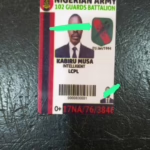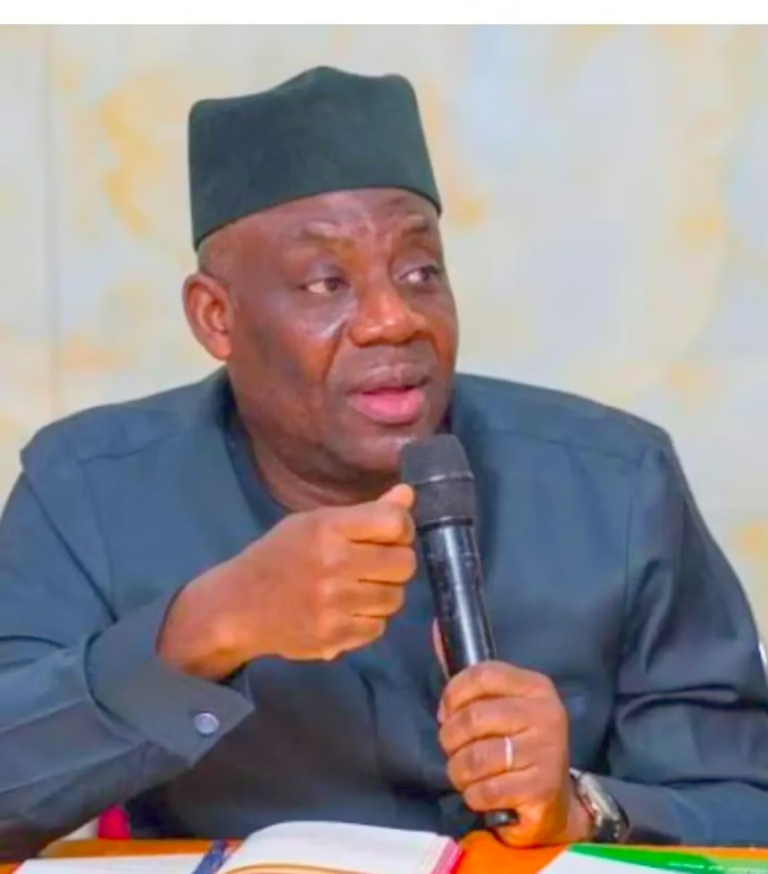The Federal Government has reinstated Nigerian History as a mandatory subject within the national basic education syllabus.
Dr. Maruf Tunji Alausa, the Minister of Education, together with the Minister of State for Education, Professor Suwaiba Sai’d Ahmad, announced this development, expressing deep appreciation to President Bola Tinubu for spearheading this significant initiative under the Renewed Hope Agenda.
They highlighted that History transcends a mere chronicle of past events; it serves as a crucial pillar for cultivating responsible, patriotic citizens.
According to a statement from Folasade Boriowo, Director of Press and Public Relations at the Federal Ministry of Education, Nigerian students will, for the first time in many years, engage with Nigerian History continuously from Primary 1 through Junior Secondary School 3. Meanwhile, Senior Secondary School students (SSS 1-3) will study a newly introduced subject called Civic and Heritage Studies, which merges Nigerian History with Civic Education.
“This fresh curriculum design guarantees that learners grasp the nation’s heritage while fostering values such as citizenship, accountability, and community service,” the statement explained.
“From Primary 1 to 6, pupils will delve into Nigeria’s beginnings, notable figures, traditional leadership and institutions, cultural legacies, political development, geography, environment, economy, religious beliefs, colonial history, and governance after independence.”
“Junior Secondary School students (JSS1-JSS3) will explore Civic and Heritage Studies, which includes subjects like early Nigerian civilizations, pre-colonial kingdoms, West African empires, trans-Saharan commerce, European interactions, the amalgamation of Nigeria, the struggle for independence, and democratic governance, all integrated with civic principles to reinforce national identity and unity,” she added.
The Ministers described this reform as an invaluable contribution to the nation, reconnecting young Nigerians with their heritage while fostering pride, unity, and dedication to national progress. They emphasized that incorporating civic education into the curriculum will empower students with the understanding and values needed to appreciate diversity, uphold democratic institutions, and actively participate in society.
Ms. Boriowo noted that the Ministry has officially launched the updated Nigerian History Curriculum for Primary 1-6 and JSS1-3. To guarantee successful rollout, the Ministry plans to collaborate with relevant stakeholders to supply educational materials, provide teacher training, and enhance monitoring and evaluation systems.
“This all-encompassing curriculum aims to revive pride in Nigeria’s history, nurture civic awareness, and equip young Nigerians with the knowledge and principles essential for responsible nation-building,” she stated.
“The Federal Government urges parents, educators, and communities to support this transformative reform, recognizing it as a collective duty to nurture patriotic, disciplined, and visionary citizens,” she concluded.

















